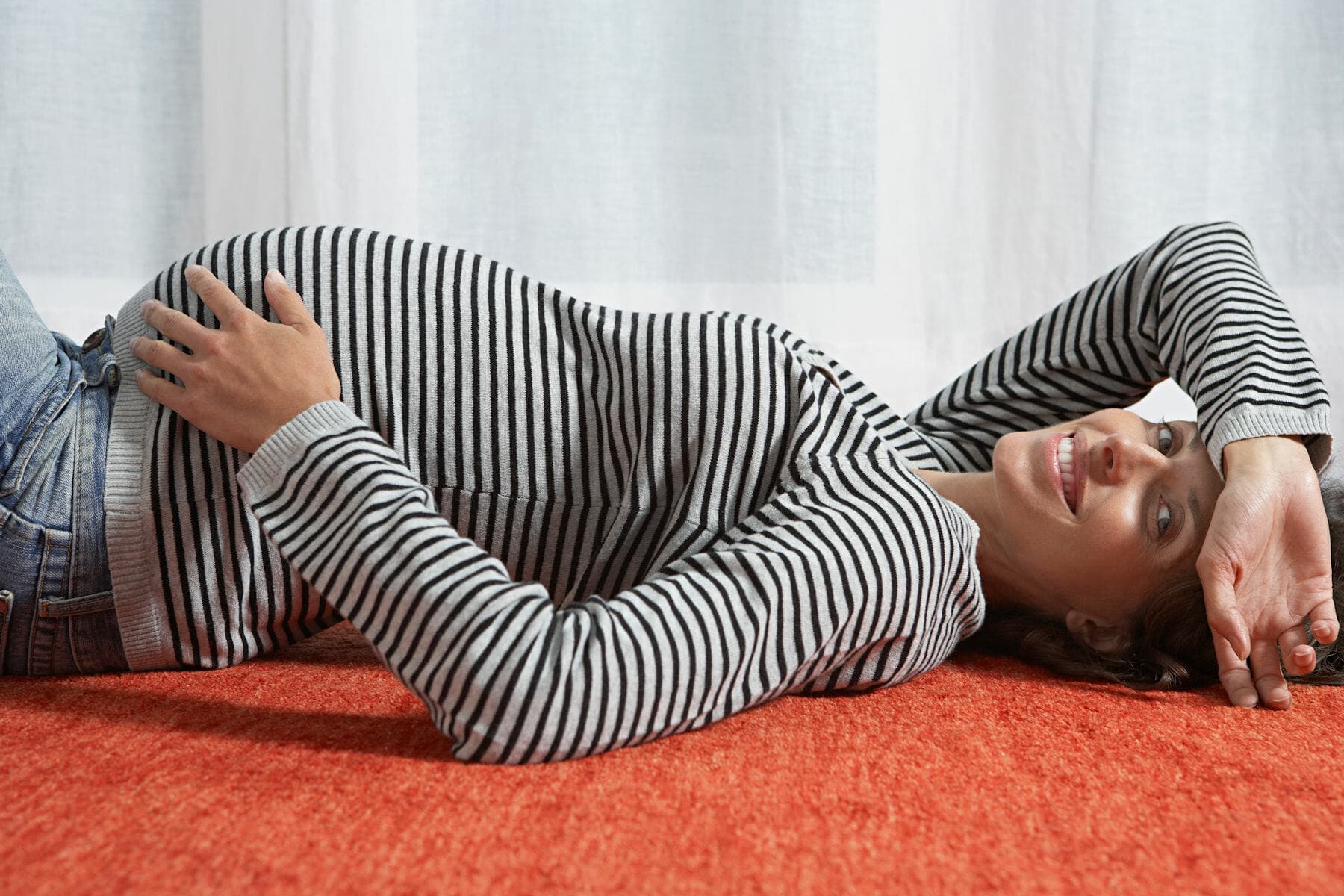Spring forward, fall back–even though the clocks change by only an hour during Daylight Savings Time, the effects can be noticeable. This is especially true in the spring, when people lose an hour of the day and that hour is often subtracted from time spent sleeping. If you’re already somewhat sleep-deprived, giving up just one hour of shuteye can negatively impact how you feel and function during the day, perhaps even compromising your alertness and reaction time while driving. It’s as if you end up with a mild case of jet lag . Your body’s internal clock (or circadian rhythm ) may be thrown off course, which can affect how much sleep-inducing melatonin is released and when. Plus, before springing forward, it was probably light outside when you woke up, which helped your body’s internal clock activate brain regions that are involved in stimulating alertness and energy.
Key Points:
- 1Even though the clocks change by only an hour during Daylight Savings Time, the effects can be noticeable.
- 2If you’re already somewhat sleep-deprived, giving up just one hour of shuteye can negatively impact how you feel and function during the day.
- 3If feasible, it can help to prepare for losing that hour of sleep by going to bed 15 to 20 minutes earlier than usual each night in the days leading up to the time change.
To help your brain and body make the shift more quickly, it also helps to sleep in for an extra half hour on the Sunday morning after the clocks change and expose yourself to sunlight early in the morning.
Read the full article at: https://sleepfoundation.org/sleep-topics/the-reason-daylight-savings-time-can-give-you-jet-lag








Reply